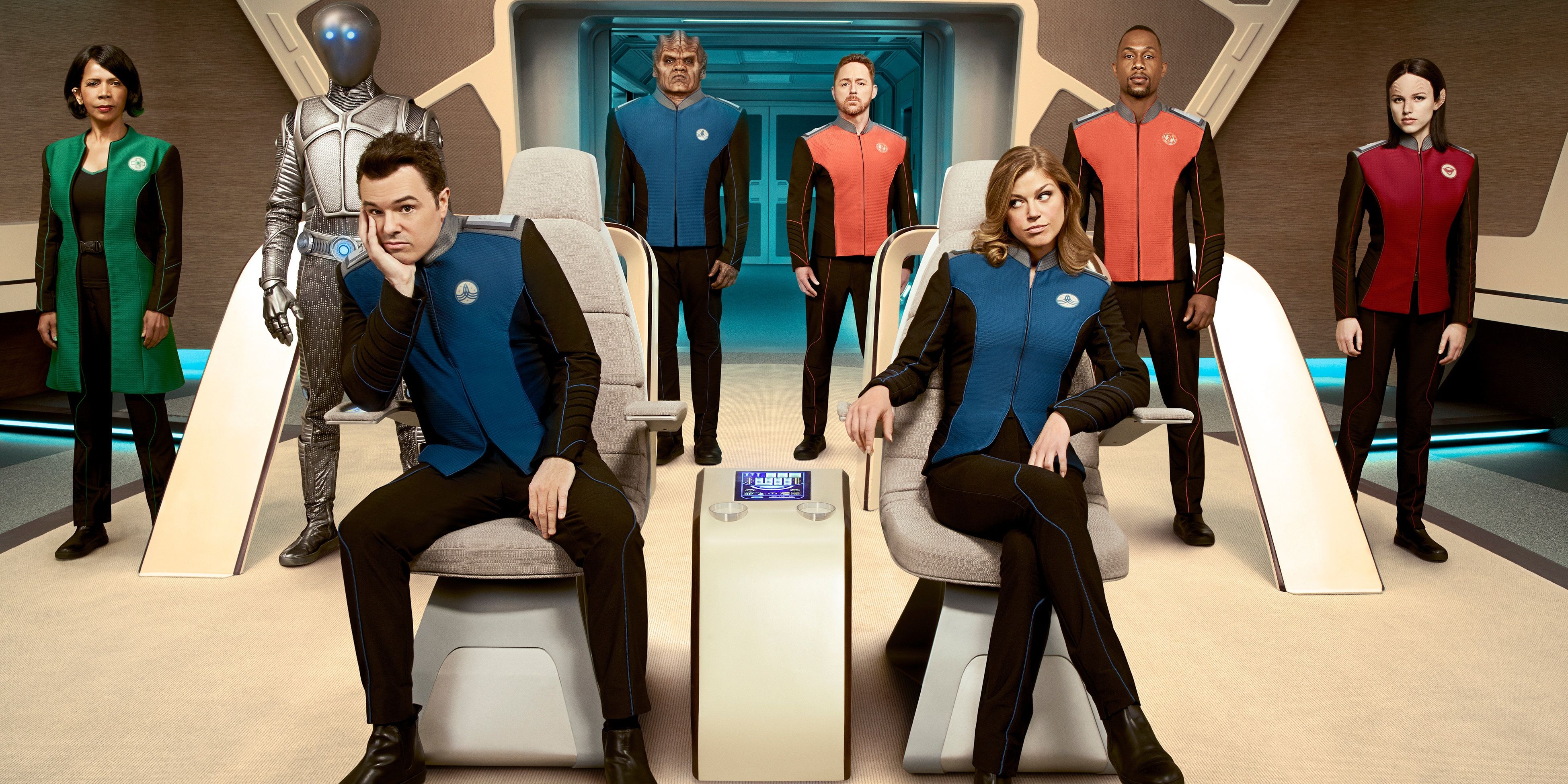
While Star Trek often overshadows other science fiction shows like Space: 1999 and Buck Rogers in the 25th Century, it wasn’t an instant hit. Despite being canceled after only three seasons in 1966, Star Trek eventually gained a dedicated following through reruns.
Star Trek continues to be a major part of popular culture, inspiring countless science fiction writers over the years. Many successful sci-fi TV shows, including Firefly and The Orville, have clearly been influenced by it.
Farscape
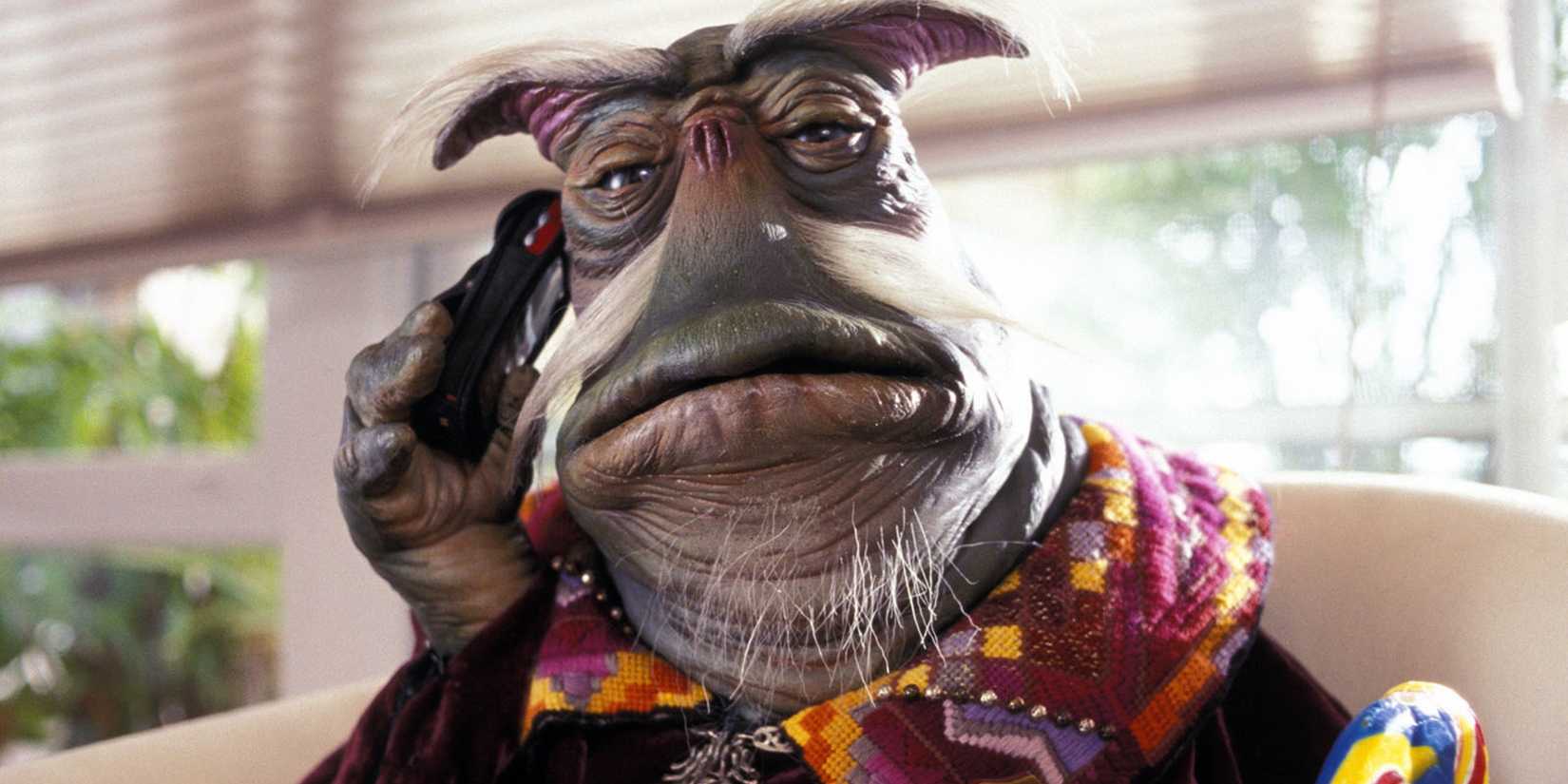
I’ve always loved how Farscape takes the typical ‘first contact’ story and turns it completely on its head. Instead of us meeting aliens, it’s about a human – astronaut John Crichton – who becomes the alien. He’s just a regular guy from modern-day America who gets pulled through a wormhole and ends up lost in space, a fugitive trying to find his way back to Earth. It’s such a unique and compelling premise!
When Farscape debuted, the Star Trek series were losing popularity. Farscape deliberately set itself apart by challenging the typical Star Trek approach and forging its own unique path in science fiction—it was notably stranger and more self-aware. A key feature of the show was its incredibly distinctive alien characters, brought to life by the amazing makeup, prosthetics, and animatronics created by Jim Henson’s company.
Space: 1999
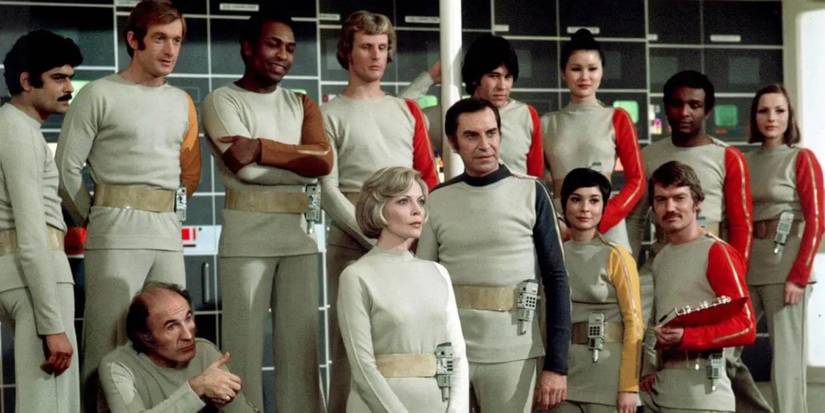
Space: 1999 was Britain’s take on Star Trek. While the story is a bit stranger – the Moon is blasted into space as a runaway spaceship – the show follows a similar pattern. It focuses on the people living on Moonbase Alpha as they travel through the universe after a nuclear explosion on the hidden side of the Moon.
Despite how strange it may seem, the show is a well-known, yet divisive, classic. While some criticize it for stiff performances and unrealistic science, others admire its beautiful effects, impressive production quality, and bold storytelling. Space: 1999 explores moral themes against a cosmic backdrop, and it’s often described as a psychedelic take on Star Trek.
Earth: Final Conflict
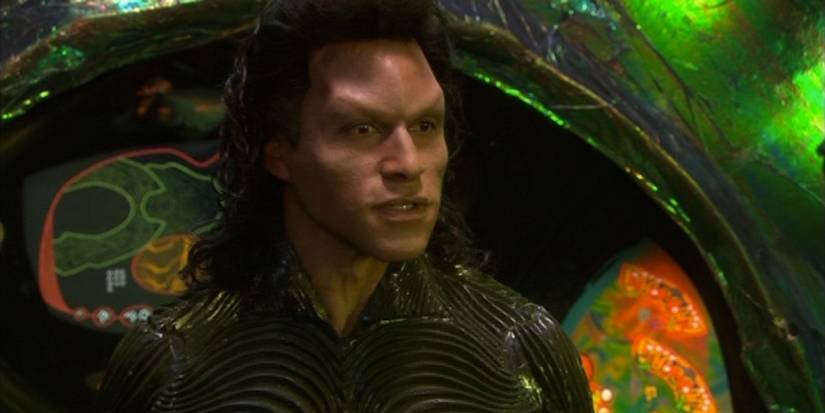
After the original Star Trek series ended in 1969, its creator, Gene Roddenberry, developed several new ideas, including a sci-fi show called Battleground: Earth. However, Hollywood wasn’t interested in the project until Star Trek was successfully revived with the movies and The Next Generation. By then, the opportunity had passed.
Following Gene Roddenberry’s death, his wife, Majel Barrett-Roddenberry, revamped his concept into the series Earth: Final Conflict, which was then produced. The show centers around the arrival of the Taelons, an alien race, on Earth. While the Taelons offer advanced technology that eliminates war and disease, a group of people begins to question their true intentions, leading to the formation of a resistance movement.
Buck Rogers In The 25th Century
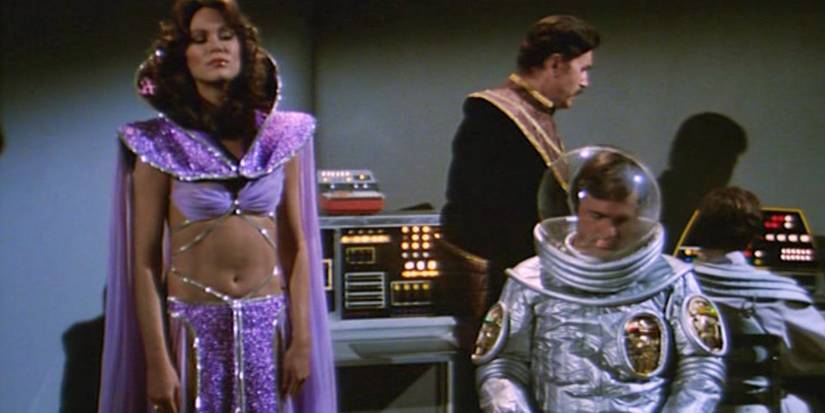
Following a successful test episode released during the surge in science fiction popularity in the late 1970s, Buck Rogers in the 25th Century was quickly greenlit as a regular weekly show. While it’s more of a fast-paced adventure series than Star Trek, it benefited from the growing interest in sci-fi that Star Trek’s return to the big screen helped create – though Star Wars was really the film that started the trend.
When Buck Rogers in the 25th Century appeared during the surge in science fiction following Star Trek and Star Wars, many saw it as a simple attempt to profit from popular trends. However, despite the criticism, it’s a genuinely fun and lighthearted show – good for some easy, uncomplicated sci-fi entertainment, but don’t expect anything groundbreaking.
Babylon 5
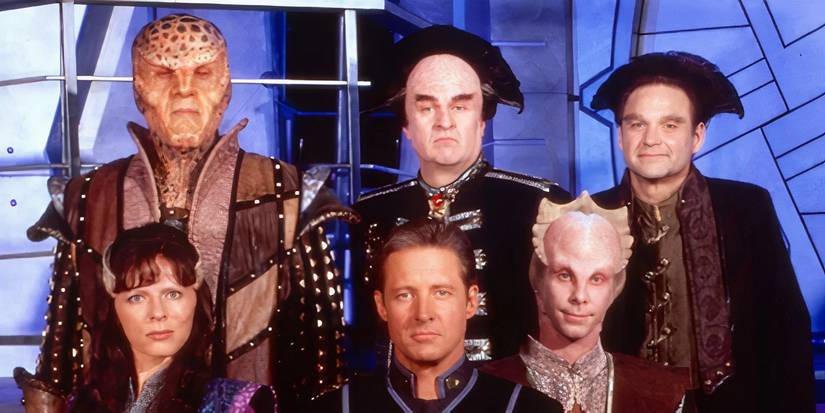
J. Michael Straczynski aimed to create a science fiction series, Babylon 5, that was as thought-provoking and grand in scope as Roddenberry’s Star Trek. Babylon 5 is set on a massive, five-mile-long space station and tells the story of the people who live and work there over five years, focusing on their relationships and personal struggles.
This show, similar to Star Trek, focuses on developing its characters as real, relatable people. It’s basically a small-town drama, but instead of taking place in a typical town, it’s set on a massive spaceship traveling through space, all while a major war is brewing in the background.
Andromeda
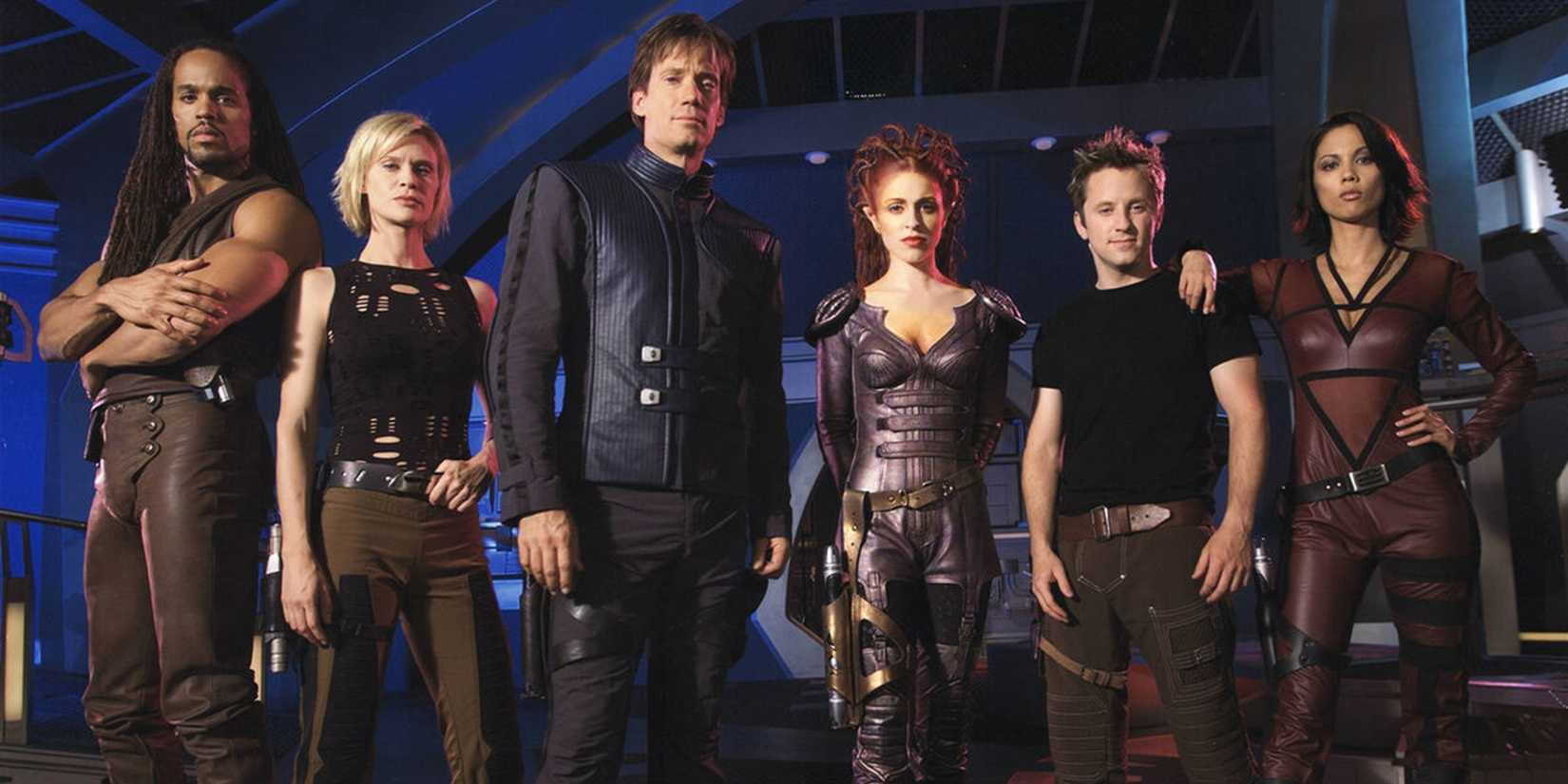
Following the popularity of Earth: Final Conflict, another idea from the late Gene Roddenberry was turned into a television series. Andromeda is a space opera – a more fantastical sci-fi show – compared to the scientifically focused Star Trek. However, like Star Trek, Andromeda features a detailed and intricate political landscape, reflecting Roddenberry’s signature style of worldbuilding.
The show centers on the Systems Commonwealth, a once-peaceful and thriving interstellar government that fell victim to a violent uprising. This rebellion was spearheaded by the aggressive Nietzcheans and the insidious Magog. Though the series had some intriguing concepts, it suffered from clumsy writing, poorly developed characters, and a lack of a clear, consistent direction, especially without Gene Roddenberry’s direct involvement.
Firefly
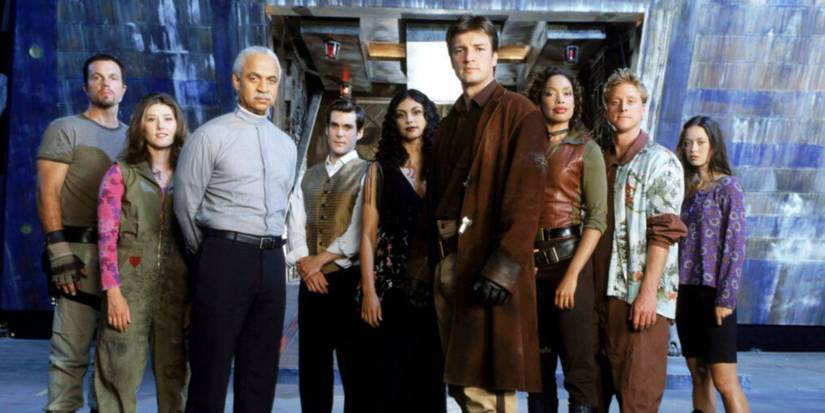
Gene Roddenberry initially envisioned Star Trek as a space-based version of Wagon Train, a classic western about pioneers traveling to new lands. Joss Whedon revisited this idea directly with Firefly, a series that openly embraced the western genre by placing familiar western themes and storylines in a futuristic, spacefaring setting. While Star Trek used the western concept as inspiration, Firefly was much more of a direct adaptation.
I absolutely love Firefly! It’s set after a huge civil war, and the world is still trying to pick up the pieces. The show follows this ragtag crew of mercenaries, getting into all sorts of trouble with shootouts and robberies. Captain Mal Reynolds, played by Nathan Fillion, reminds me so much of Han Solo – a bit of a rogue! But Firefly also has that same feeling as Star Trek, with a really close-knit crew going on crazy adventures across the galaxy. It’s just a fantastic show!
Battlestar Galactica
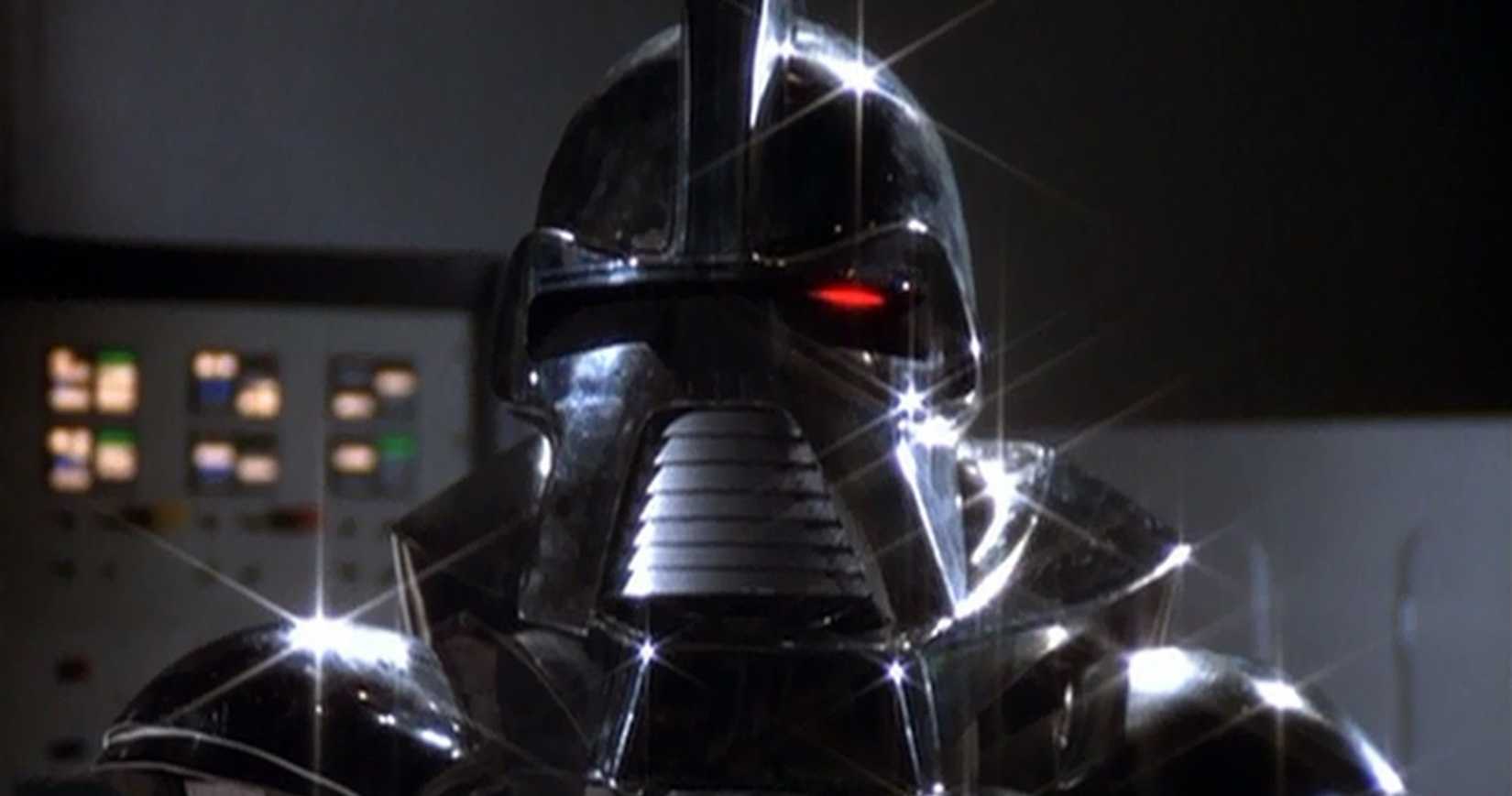
The 2000s version of Battlestar Galactica is widely considered one of the best TV shows of all time. It’s a classic example of military science fiction that really resonated with audiences during the War on Terror, using the conflict between humans and the Cylons as a powerful allegory. However, the show it was based on – the original 1978 series – wasn’t nearly as innovative.
The original Battlestar Galactica aimed to combine the thoughtful, futuristic themes of Star Trek with the exciting action of Star Wars, hoping to capture some of the success of both. While it didn’t fully achieve that goal, the show still became a beloved cult classic.
SeaQuest DSV
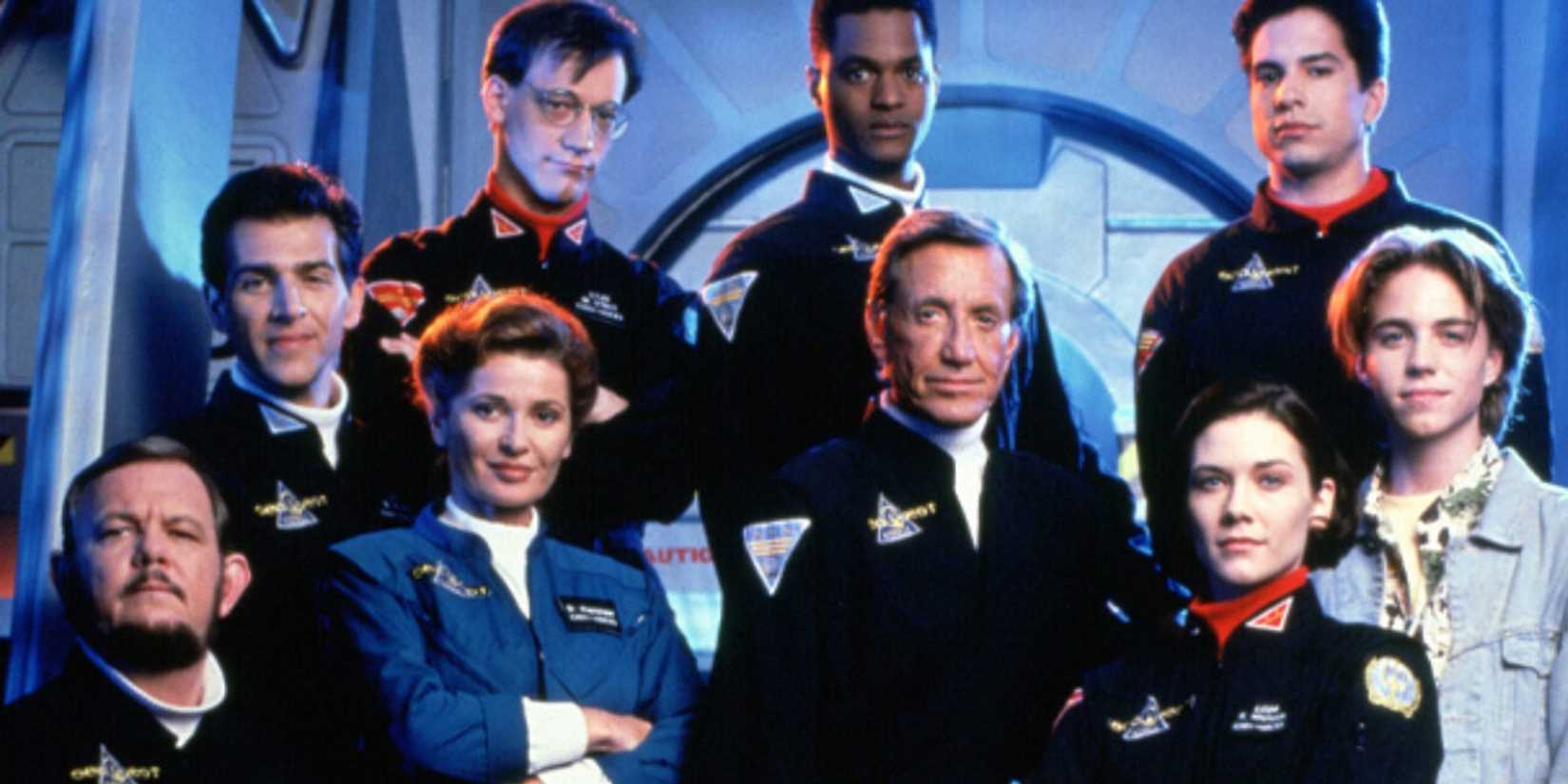
Following the success of Star Trek, which envisioned a military crew exploring outer space, SeaQuest DSV took a different approach, placing its military team deep underwater. Roy Scheider played Captain Nathan Bridger, the creator and leader of the SeaQuest DSV – a technologically advanced submarine tasked with searching the ocean floor for Earth’s dwindling natural resources.
Similar to Star Trek, SeaQuest DSV balanced exciting science fiction adventures with the personal stories of its characters. Like Star Trek, it offered more than just entertainment – it delivered a serious message. SeaQuest cautioned audiences about the dangers of using up Earth’s resources, a warning that, unfortunately, went largely unheeded.
The Orville
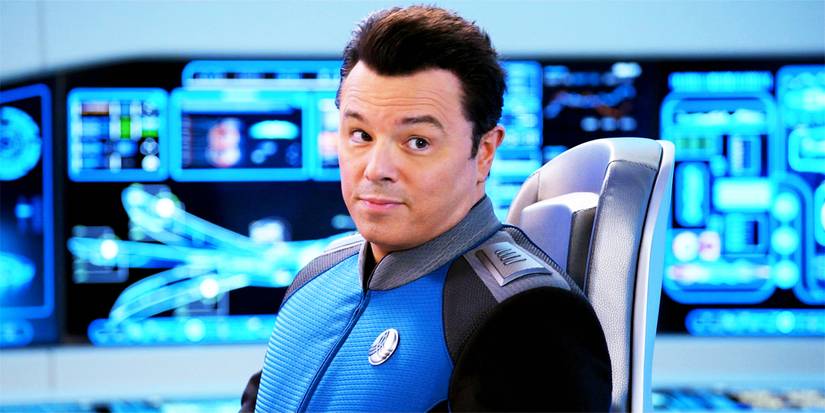
When I first heard Seth MacFarlane was making a sci-fi show, I honestly braced myself for something like a raunchy, cutaway-gag-filled parody of Star Trek, similar to Family Guy. I figured it would be all self-aware and pretty silly. But The Orville completely surprised me – it turned out to be surprisingly heartfelt and genuine, which was totally unexpected coming from him!
I have to say, this show is genuinely funny, but what really struck me is how much it loves Star Trek. You can tell MacFarlane is a huge fan, and he nails that classic Trek vibe – the fun, the slightly cheesy effects, and that hopeful feeling about what’s to come. Honestly, of everything I’ve seen, The Orville feels the most like a true successor to the original Star Trek.
Read More
- Best Controller Settings for ARC Raiders
- Ashes of Creation Rogue Guide for Beginners
- Stephen Colbert Jokes This Could Be Next Job After Late Show Canceled
- 7 Home Alone Moments That Still Make No Sense (And #2 Is a Plot Hole)
- DCU Nightwing Contender Addresses Casting Rumors & Reveals His Other Dream DC Role [Exclusive]
- 10 X-Men Batman Could Beat (Ranked By How Hard It’d Be)
- Is XRP ETF the New Stock Market Rockstar? Find Out Why Everyone’s Obsessed!
- Teen Mom’s Cheyenne Floyd Welcomes Baby No. 3, Second With Zach Davis
- Luther film sequel confirmed by Netflix with Idris Elba joined by returning fan-favourite
- Star Trek 4’s Development Hell Just Got So Much Worse
2025-10-27 14:04